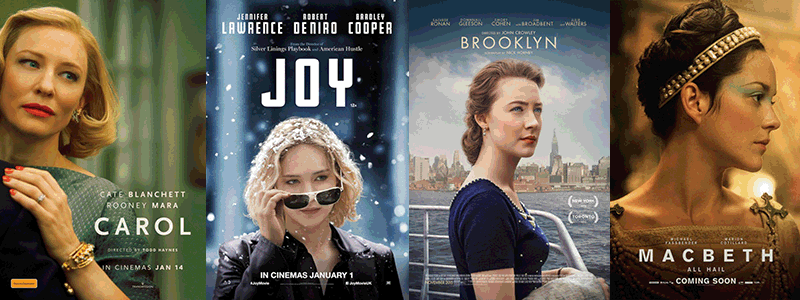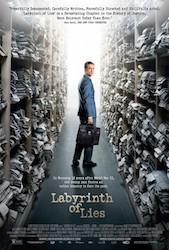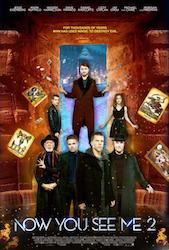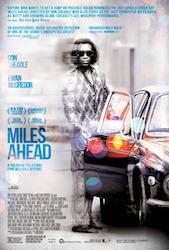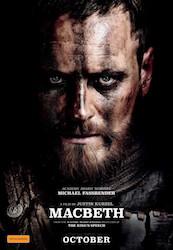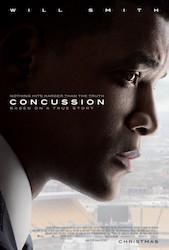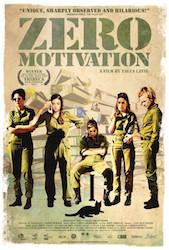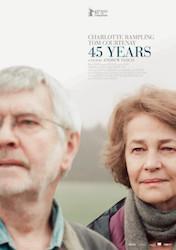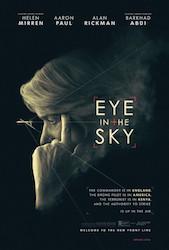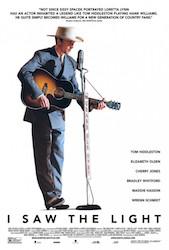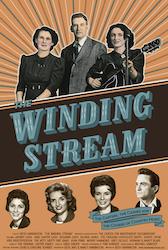“Concussion” - Imagine being asked to play Russian Roulette with a pistol which has four chambers but only one bullet. What chance would you be taking of dying from a bullet to the head? 25%? Well, that’s close to what NFL players have to consider because according to the closing credits of this film, 28% of NFL players will develop significant mental symptoms from concussions, including CTE (chronic traumatic encephalopathy) which has led to the deaths, including by suicide, of several retired NFL players in recent years. “Concussion” is based on the true-life story of Dr. Bennet Omalu (Will Smith, excellent in probably his best role), a Nigerian born pathologist, who examined the body of Mike Webster (David Morse), (a former center for the Pittsburgh Steelers who died at age 50 in 2002), and ultimately chose to have Webster’s brain examined because he could find no other cause for his strange behavior prior to his death. The result was the first of several findings of significant brain damage from concussions in NFL players, including Andre Waters, Justin Strzelczyk, Terry Long, and Dave Duerson, all of whom died as a result of the brain damage and the effect on their psyches. “Concussion” does a fine job of portraying the efforts to discredit Dr. Omalu, making it quite clear that the NFL did everything in its power to avoid accepting Dr. Omalu’s findings, including claiming that there was absolutely no evidence to support his scientific findings. Interestingly, the story of Dr. Omalu’s discovery of CTE should have been enough for the film. Alone, it would have made a fine story, but Hollywood being Hollywood, they had to include the unnecessary side story of Dr. Omalu’s romance with Prema Mutiso (a woman from Kenya) who ultimately became his wife, and was played by Gugu Mbatha-Raw (“Belle”). Also in the cast were a quite serious and effective Alec Baldwin as Dr. Julian Bailes, the former team physician for the Pittsburgh Steelers, who ultimately supported and worked with Dr. Omalu; Albert Brooks as Dr. Cyril Wecht, Dr. Omalu’s boss and supporter; Arliss Howard as Dr. Joseph Maroon (also a Steelers physician but presented as a staunch opponent of Dr. Omalu’s findings), and Luke Wilson as Roger Goodell, NFL Commissioner. It’s obvious that even the evidence documented by Dr. Omalu will not turn off millions of American football fanatics, but it has turned off at least one fan. Me. A- (8/22/16) | |

